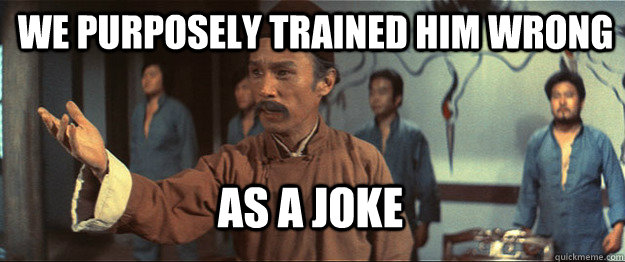Argentina’s poverty rate jumped from almost 42% to 53% during the first six months of Javier Milei’ s presidency, the statistics agency reported Thursday, a steep rise reflecting the pain of the country’s most intense austerity program in recent memory.
The government’s finding that Argentina’s half-year poverty rate in 2024 had surged to its highest level since 2003, when the country was reeling from a catastrophic foreign debt default and currency devaluation, marks a setback for the far-right economist. So far, foreign investors and the International Monetary Fund — to which Argentina owes $43 billion — have cheered his controversial fiscal shock therapy that has succeeded in pulling down the country’s monthly inflation from 25.5% last December to 4.2% in recent months.
Argentina’s inflation, now running at more than 230% annually, is among the worst in the world.
Unlike previous populist governments that kept consumer spending high at the cost of a massive budget deficit, Milei dismantled price controls, cut subsidies on energy and transport and devalued the peso by 54% in December after taking office.
The austerity measures and deregulation have marked a brutal contraction in spending power and dragged the economy deep into recession.
A thinning safety net
Of the millions who can’t clear Argentina’s official poverty level of about $950 a month in local currency for a family of four, even more have tumbled into destitution. Thursday’s poverty report showed that Argentina’s extreme poverty rate had shot up to 18.1% during Milei’s first six months as president from 11.9% in the last half of 2023.
A jobs crisis
The runaway inflation — shocking even for Argentines who lived through years of annual inflation averaging above 50% — has forced middle-class Argentines to cut back on spending and drain their savings.
The economy has contracted 3% so far this year. Government surveys reveal that both Argentina’s vast informal jobs market and formal workforce have hemorrhaged hundreds of thousands of jobs since Milei took office.
That has put more of Argentina’s once-robust middle class in danger of sliding into poverty.
Sky-high bills
For decades low-paid Argentines have navigated their upside-down economy by padding their meager incomes with government cash transfers and generous subsidies that reduced the cost of utilities, food and transport.
But utilities bills jumped over 200% for many after Milei scrapped the subsidies to trim the deficit.
International Monetary Fund — to which Argentina owes $43 billion — have cheered his controversial fiscal shock therapy
When the vampires are cheering, that is a bad thing.
“My bookie said giving him this months grocery budget was a great idea.”
“Making the bookie’s job illegal doesn’t make it impossible, so oh well, time to give him next month’s too. Let people enjoy things. My bookie certainly does!”
This is like the Wimp Lo version of economics.

I assume taxing the rich is obviously impossible so the only solution is squeezing the poor \s
Is this, perchance, the FO phase of having a libertarian capitalist Trump-like leader at the helm?
I hope something can be done to quickly change course and improve the lives of the people.
I’m starting to think getting economics advice from a dead dog isn’t the best idea
That’s incredibly reductive and unfair. It’s one of the dead dogs clone giving economic advice. And this particular dead dog clone’s economic advice comes highly recommended from the ghost that translates for my bird stuck in a coma.



